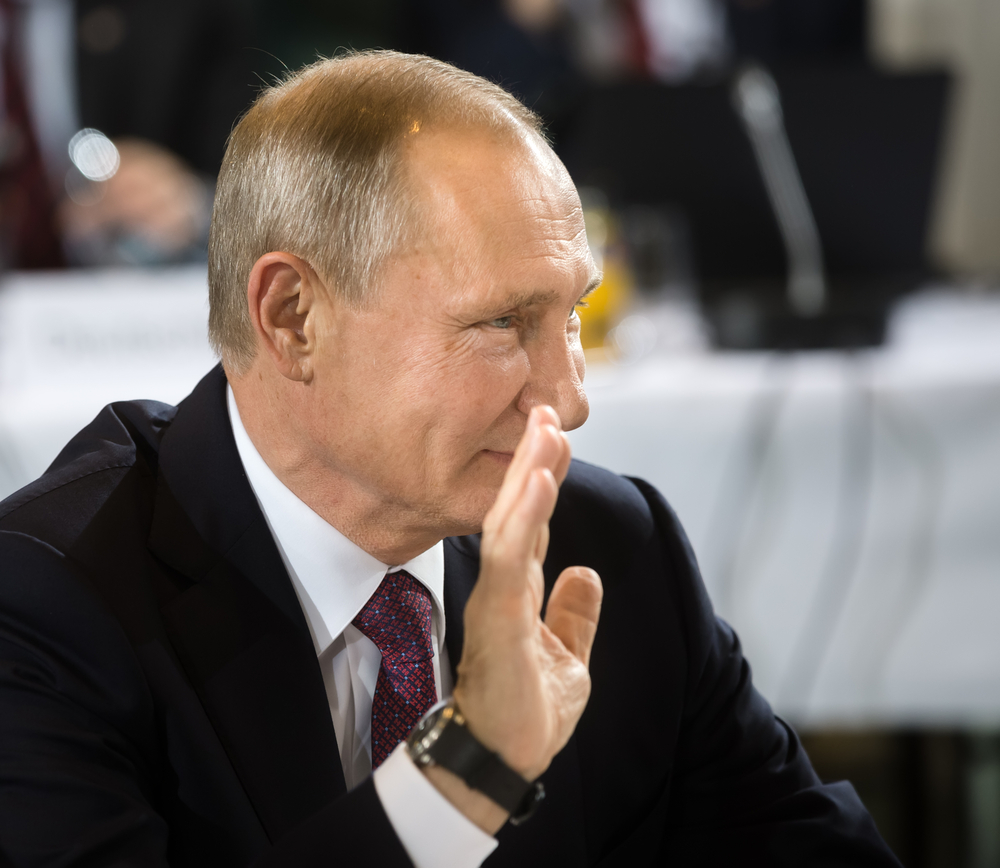The New York Times has reported that Russian President Vladimir Putin is signaling to the West that he would be willing to freeze the war in Ukraine along the current frontline and is waiting for a more concrete proposal.
Additionally, Putin had allegedly 'tested the waters' for a ceasefire agreement back in fall 2022 – after Ukraine routed the Russian army in the northeastern part of the country. At that time, Putin indicated that he was satisfied with the territory Russia had captured and was ready for a ceasefire, the NYT writes.
However, many politicians and experts have reacted skeptically to such statements, arguing that the Russian leader is trying to mislead the West.
Euromaidan Press analyzed what these information leaks actually mean.
NYT: Putin is ready to talk
The New York Times reported that Russian President Vladimir Putin is signaling to Western nations through intermediaries. Despite his public commitment to Ukraine's ongoing war, Putin is open to freezing the fighting along the current front line. The information comes from two former high-ranking Kremlin officials and unnamed American and international sources who received messages from Putin's emissaries.
"They say, 'We are ready to have negotiations on a ceasefire,'" said one senior international official who met with top Russian officials this fall. "They want to stay where they are on the battlefield."
A key condition for Putin is the ability to declare victory, but he can already do so. Putin's propaganda could easily spin the current status quo as a win, touting the land corridor to Crimea, an army that withstood Ukraine's Western-backed counteroffensive, and Russia's claimed annexation of four Ukrainian regions — glossing over the fact that Russia does not fully control them.
At the same time, claims on the unoccupied parts of Zaporizhzhia, Kherson, Donetsk, and Luhansk oblasts, the overthrow of the Zelenskyy administration, and even guarantees against Ukraine's NATO membership — none of these are dealbreakers for Putin.
The ideal timing would be before Russia's presidential election in March. Putin is sure to secure another six-year term, but he cares about the election as a marker of his domestic support.
On the night of 25-26 October 2023, Putin also met with Russian marginal politician Grigory Yavlinsky, a sign of Putin's openness to discussing a ceasefire, as per the NYT. Yavlinsky argued for the advantages of a truce and even volunteered as a negotiator during a 90-minute conversation with Putin.
"The fact that he agreed to talk to me for so long speaks for itself," said Yavlinsky, born in Western Ukraine.
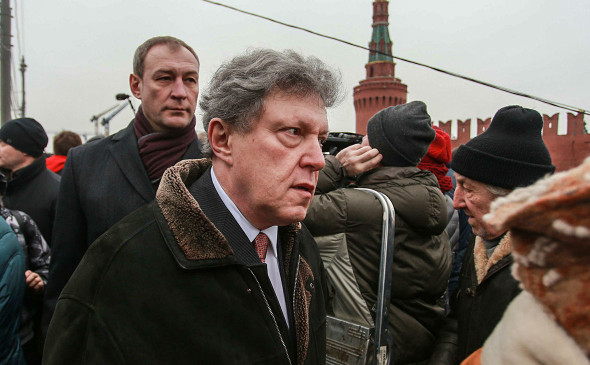
However, Putin's attitude could shift if he believes the Russian military can still gain ground.
Additionally, Moscow aims to involve Washington in the negotiation process, but the US has never negotiated for Ukraine and is reluctant to do so now. It also remains uncertain whether Ukraine's leadership will accept freezing the war if it means ceding 20% of the country's territory.
After NYT Putin article, Italy pushes peace talks
Following the article in the NYT, Italian Defense Minister Guido Crosetto, during a visit to Italian troops in Poland, stated that it's time to actively pursue a political solution to end the war triggered by Russia's invasion of Ukraine.
"The war has been going on for almost two years now, and I think that, alongside and in parallel with military engagement and support for Ukraine, it is important to take paths that lead to a political solution," Crosetto said.
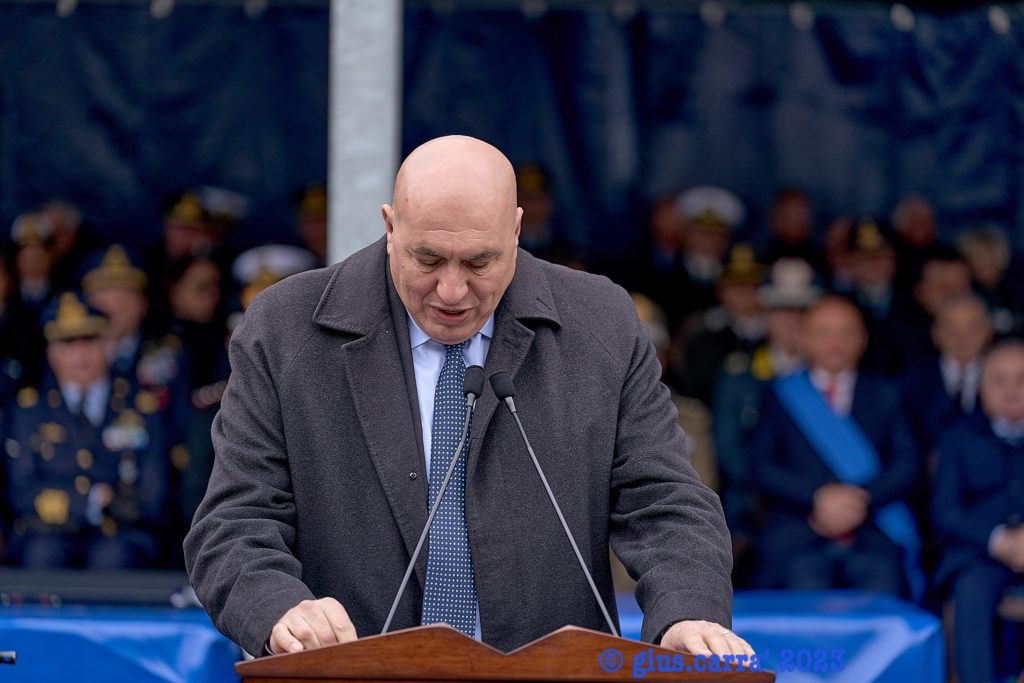
Crosetto noted that while military actions have safeguarded Ukraine and fortified its borders, some objectives require diplomatic and political means for achievement.
ISW analysis: Putin aimes at hindering Western aid to Ukraine
The American Institute for the Study of War (ISW) analyzed the NYT article in its daily briefing. According to the analysts, Putin may demand a temporary ceasefire as it would provide Russia with time to prepare for a new aggression against Ukraine.
ISW highlights that in December 2023, Putin publicly stated that his goals in Ukraine, including 'denazification,' 'demilitarization,' and the imposition of a 'neutral status,' remain unchanged.
"Putin's public rhetoric is at odds with Putin's reported private desire to 'declare victory and move on.' Neither the NYT nor its sources offered any reason to believe Putin's backchannel communications would be more reflective of his goals than his public speeches," noted ISW analytics.
Analysts argue that Putin's signals to the West don't suggest a genuine interest in ending the war. Instead, they seem focused on impeding additional military aid from the West to Ukraine amidst ongoing debates in Western countries.
Putin's intentions questioned
Many in the West are skeptical of a ceasefire because they say Putin would rearm for a future assault. EU's top diplomat, Josep Borrell, stated that he sees no indication Vladimir Putin would accept any agreement allowing Ukraine to retain sovereignty over eastern areas.
"Putin cannot be satisfied with a limited territorial victory. He will not give up the war, especially not before the American election. Putin has decided to continue the war until the final victory," Borrell asserted.
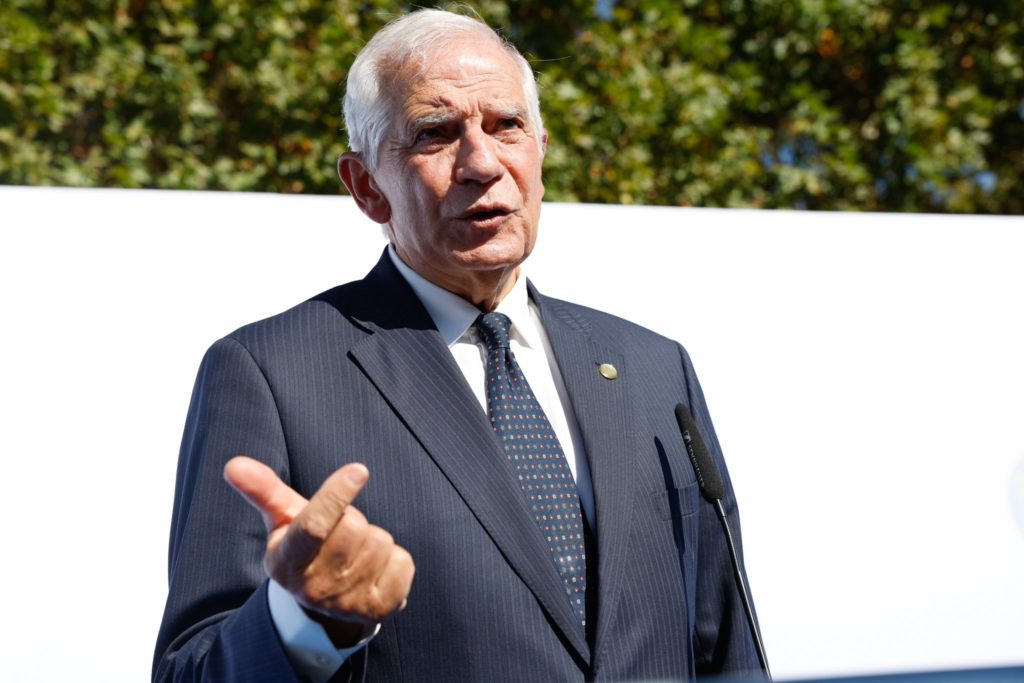
Borrel described the war as a decisive moment for the European project and stressed the need for swift and unified EU action to aid Ukraine. This is required, he argues, to thwart Putin's ambitions of total victory.
Borrell attributed Russia's grievances to its historical legacy.
"Russia has never been able to become a nation. It was always an empire with the tsar, with the Soviets, and now with Putin. It is a constant of Russia, and its political identity, and as a result a threat to his neighbors – and particularly to us," noted Borrell.
Echoing Josep Borrell, President Edgars Rinkevics of Latvia argued that Putin was committed to war because he dreams of 're-establishing the empire.'
"They never honored any agreements, and they have violated them immediately when they saw it was convenient," Rinkevics said of the Russians.
Disagreeing with the NYT article is Alexander Vindman, former Director for European Affairs for the US National Security Council and a Kyiv native. He believes that behind it are individuals attempting to maintain an unofficial channel of negotiations with Moscow.
"Not sure what's more offensive: the cowardice of former policymakers too scared to be on record so hiding behind 'preserving a back-channel,' while having the ego to think they can deliver a peace deal or the useful idiots peddling the snake-oil of Putin's peace," Vindman wrote on Threads.
In his view, the NYT article reflects a profound misunderstanding of Russia's war in Ukraine and an ignorance of Putin.
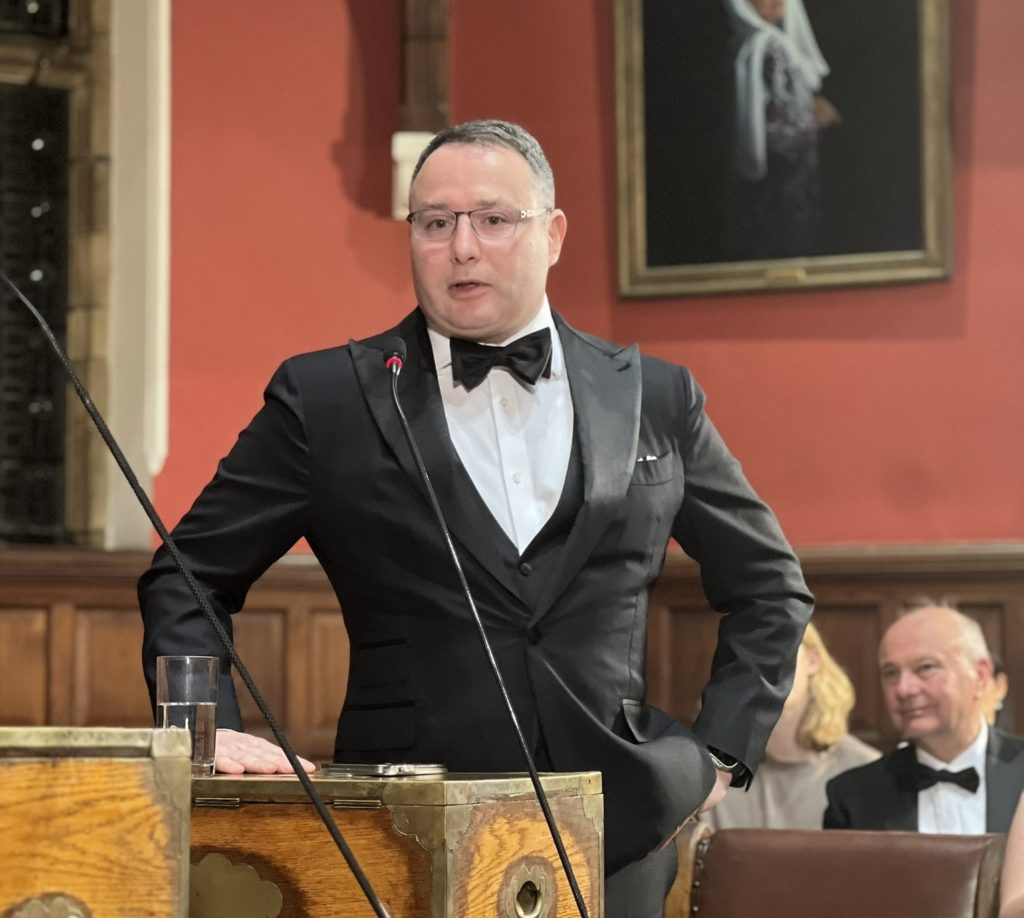
Ukrainian President Volodymyr Zelensky also said he saw no sign that Russia wanted to negotiate.
"We just see brazen willingness to kill," he said.
The West's unity key to thwarting Putin's ambitions
New statements about the need for negotiations and Putin's willingness to engage in them come amid a stalemate on the frontlines in Ukraine, where the war has turned into a positional one. Against the backdrop of the West's hesitancy to provide military assistance, calls for a transition to a defensive strategy are being voiced in Kyiv.
However, there is still some news from the front: this week, the Ukrainian army sensationally shot down three Russian Su-34 fighter-bombers in a single day. While the exact circumstances remain unknown, it is speculated that the American Patriot air defense system was involved. The loss of three bombers at once has already led Russia to reduce the number of airstrikes on Ukrainian territory, according to Yurii Ihnat, the spokesman for the Ukrainian Air Force.
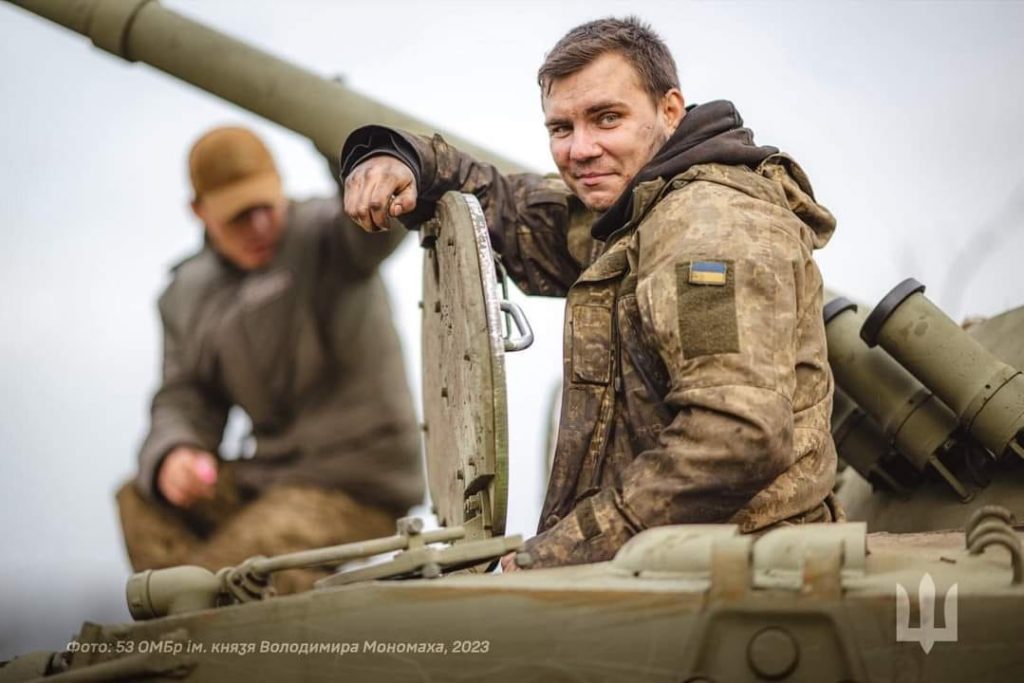
Additionally, the Netherlands announced preparations to transfer 18 F-16 fighter jets to Kyiv. The Institute for the Study of War (ISW) suggested that Ukraine will likely receive the initial batch of F-16s before the close of 2023. According to one of Russia's most famous milbloggers, Rybar, a squadron of F-16s is already in Ukraine. One way or another, Kyiv is about to significantly strengthen its position on the frontline, at least regarding air support for ground troops.
The Russian army, for its part, also remains stagnant. However, the Kremlin has no intention of stopping. To make a tangible change, Moscow needs additional resources and time. The question is whether the respite Russia wants is measured in years or months.
In any case, Putin's willingness to agree to a ceasefire without insisting on Kyiv abandoning NATO aspirations stems from the need to accumulate strength. The Kremlin's likely goal is to conquer Ukraine before it formally joins the Alliance, as despite applying over a year ago, Kyiv still has yet to receive a formal invitation. Thwarting Putin's plans requires a united Western stance, and the decision on further assistance to Ukraine in January-February 2024 will reveal whether Western countries are prepared to provide such support.
Read more:
- Zelenskyy addresses key issues in year-end press conference
- Russia outspends West 2:1 in Ukraine war
- US aid to Ukraine: big wins on a small budget
- Putin declares goal to reshape global order, funds major military surge
- What's at stake if Ukraine loses?

